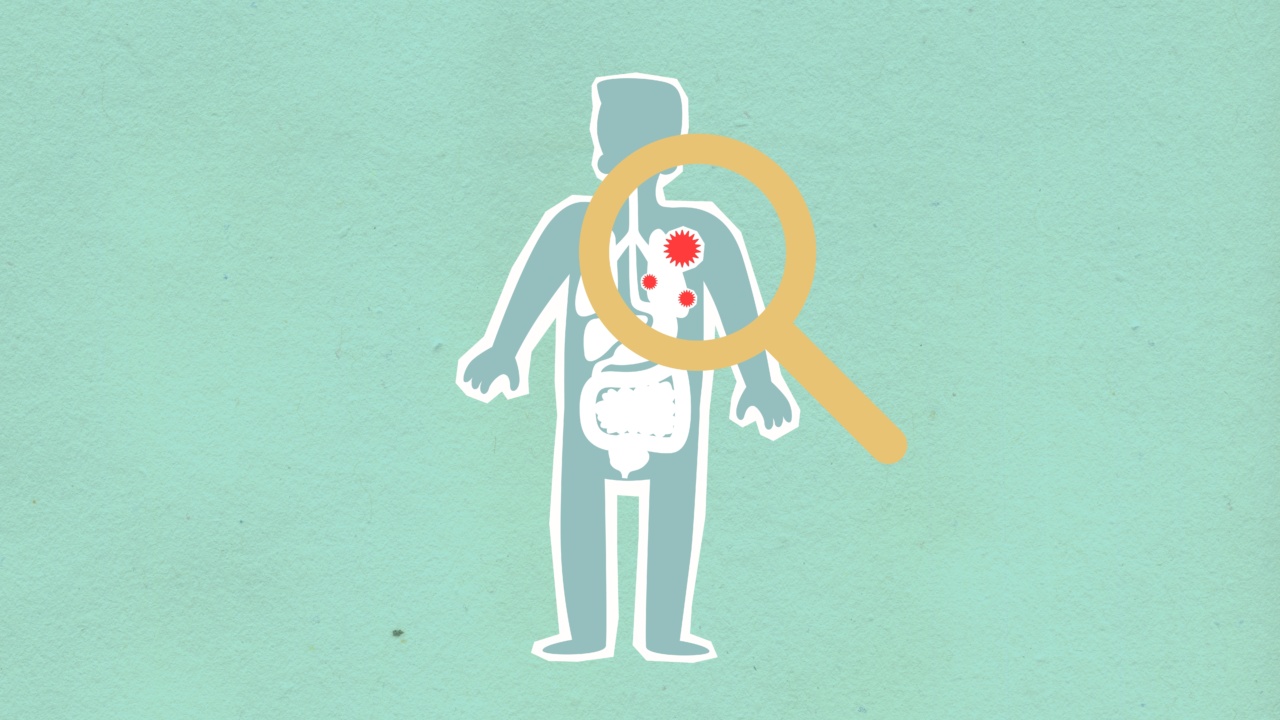Homocysteine is an amino acid that is produced in our bodies during the process of protein metabolism.
While it is a crucial component for the proper functioning of many bodily functions, high levels of homocysteine can lead to a host of health problems.
What are the Causes of High Homocysteine Levels?
The most common cause of elevated homocysteine levels is a deficiency in key vitamins and nutrients such as vitamin B6, B12, and folate. Additionally, certain genetic factors can also lead to high homocysteine levels.
Lifestyle factors such as smoking, stress, and poor diet can also contribute to elevated homocysteine levels.
The Relationship between High Homocysteine Levels and Cardiovascular Disease
A significant body of research links high homocysteine levels with an increased risk of heart disease.
According to the American Heart Association, elevated homocysteine levels can contribute to the development of atherosclerosis, or the buildup of plaque in the arteries. Furthermore, high homocysteine levels can lead to increased clotting activity in the blood, which can increase the risk of heart attack and stroke.
Regular monitoring and management of homocysteine levels can help address these risks and protect an individual’s cardiovascular health.
The Impact of High Homocysteine Levels on Cognitive Functioning
Studies have found associations between elevated homocysteine levels and cognitive decline in older adults. High homocysteine levels have been shown to reduce blood flow to the brain and can cause damage to brain tissue.
These factors contribute to an increased risk of cognitive decline, dementia, and Alzheimer’s disease.
High Homocysteine Levels and Pregnancy Complications
Expecting mothers with high homocysteine levels are at increased risk for complications during pregnancy.
High homocysteine levels can contribute to the development of preeclampsia, a serious pregnancy complication characterized by high blood pressure and organ damage. It can also lead to a higher risk of miscarriage, low birth weight, and birth defects. Women who are pregnant or trying to conceive should monitor their homocysteine levels and take appropriate measures to manage any potential risks.
Management and Prevention of High Homocysteine Levels
Lifestyle changes such as improving diet and increasing physical activity can help lower homocysteine levels.
A diet rich in leafy green vegetables, whole grains, and lean protein can help provide the vitamins and nutrients necessary to maintain optimal homocysteine levels. Additionally, regular exercise has been shown to help regulate homocysteine levels.
For individuals at high risk of homocysteine-related diseases, doctors may also recommend supplements such as vitamin B12 or folic acid to help maintain healthy homocysteine levels.
Conclusion
High homocysteine levels can have a significant impact on an individual’s health and can contribute to a range of health problems, including cardiovascular disease, cognitive decline, and pregnancy complications.
Regular monitoring of homocysteine levels is important for prevention and managing any health risks. By making simple lifestyle changes and seeking appropriate medical advice, individuals can take steps to protect their health and reduce their risk of homocysteine-related diseases.




























